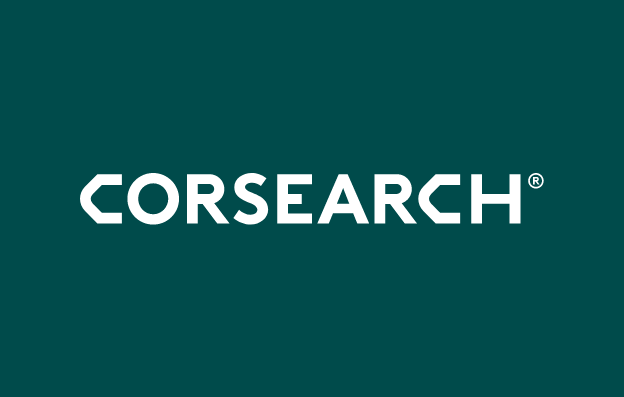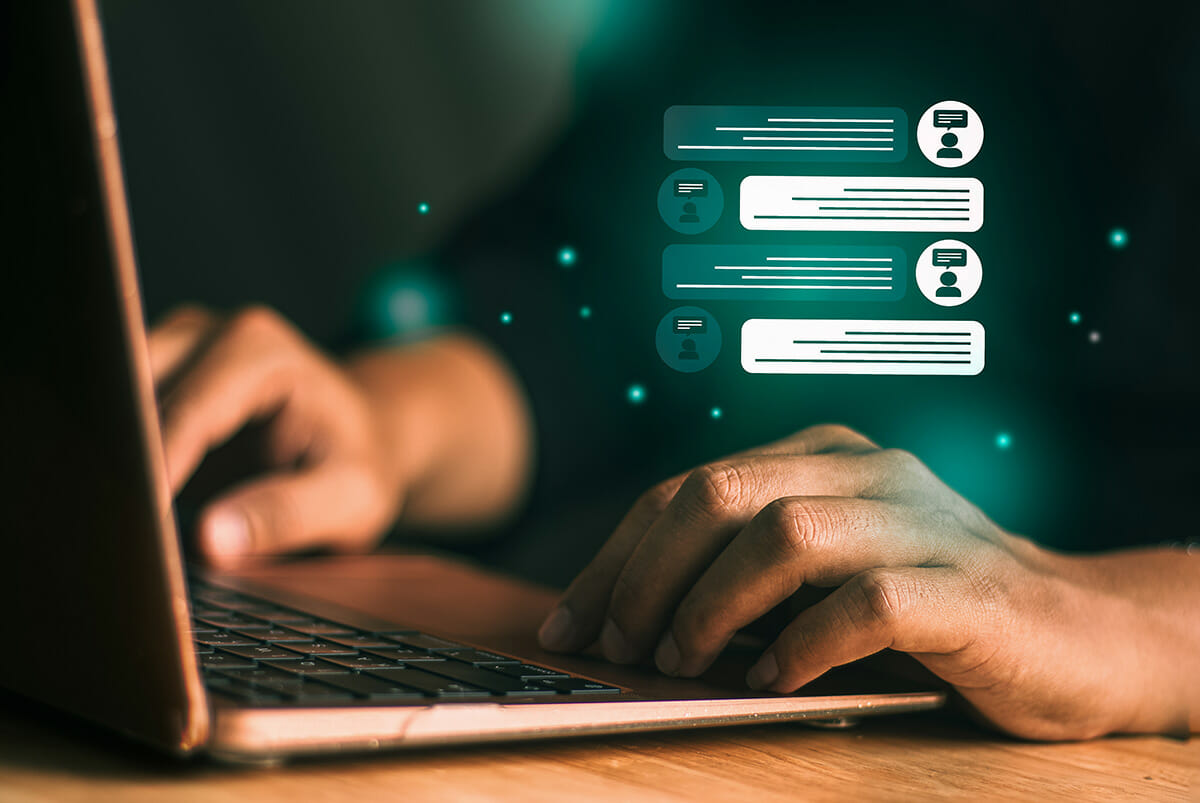Blog
The Football Association Premier League Ltd v British Telecommunications plc & Ors
- Content Protection

Background
On 8 March 2017, the High Court granted an Order requiring the major UK Internet service providers (ISPs) to block access by their customers to streaming servers which deliver infringing live streams of Premier League matches to UK consumers.
The Order, granted pursuant to section 97A Copyright, Designs and Patents Act 1988 (CDPA), had been sought by The Football Association Premier League (FAPL) in an effort to combat the growing problem of live Premier League footage being streamed online without its (or its licensees’) consent. The focus of the Order on streaming servers (rather than websites) reflects the fact that consumers are increasingly using set-top boxes, media players and devices that use software (such as Kodi) to connect directly to infringing streams.
FAPL’s application was supported by five of the six defendant ISPs. Of those, BT (which owns 2 of the other defendants) and Sky are exclusive licensees of FAPL’s footage in the UK; and Virgin Media has wholesale deals with those broadcasters. TalkTalk (the sixth defendant) confirmed that it did not oppose the application.
The reasons for the grant of the Order are contained in a judgment dated 13 March 2017.
Jurisdictional requirements and discretion
Section 97A CDPA provides that the High Court shall “have power to grant an injunction against a service provider, where that service provider has actual knowledge of another person using their service to infringe copyright“.
FAPL therefore needed to establish: (i) that the ISPs are service providers; (ii) that users and/or the operators of the Target Servers infringe copyright; (iii) that users and/or the operators of the Target Servers use the ISPs’ services to do that; and (iv) that the ISPs have actual knowledge of this.
Previous case law establishes that ISPs are service providers for the purposes of s. 97A CDPA.
Arnold J accepted both that FAPL owned copyright in the works relied on (being films embodying Premier League matches, as well as various logos and graphics) and that the operators and users of the Target Servers infringe those copyrights in the following ways:
Copying by users
When users stream FAPL’s copyright works, copies are made in the memory of the user’s device. Arnold J considered that a substantial part is very likely to be copied if users stream an appreciable segment of the match. The copying will take place in the UK where the users are located in the UK.
Communication to the public by operators of the Target Servers
Arnold J held that the operators were liable for communication to the public having regard to the following:
1. Streaming involves an act of communication of FAPL’s works by electronic transmission to each user who accesses a streaming server during a relevant match period (ITV v TVCatchup1; Svensson2).
2. The operators “intervene deliberately, and in full knowledge of the consequences of their actions, to give access to the Works in circumstances where the users would not in principle be able to enjoy the Works without that intervention” (GS Media3).
3. FAPL’s works are communicated to the public: they are capable of being viewed by an indeterminate number of potential viewers, and are in fact viewed by a large number of users (GS Media).
4. Where the original communication of FAPL’s works was by cable or satellite broadcast, streaming will constitute a different technical means requiring separate authorization from FAPL (ITV v TVCatchup).
5. Even where the source is an internet transmission, the communication is to a “new public” not taken into account by FAPL (or BT or Sky) when they authorized the initial communication to the public of their works in the form of broadcasts and specific transmissions for authorized users of paid streaming services (Svensson).
6. The acts of communication to the public are targeted at the public in the UK.
Authorization and joint tortfeasorship
The operators of the Target Servers authorize copying by their users or, in the alternative, are joint tortfeasors with such users.
Arnold J held that the services of the ISPs are clearly “used” to infringe since the ISPs “play an essential role in enabling users to access the Target Servers and thereby obtain copies of [FAPL’s works]“. The Judge considered that the ISPs had actual knowledge of this, including through notices sent by FAPL and the service of the s. 97A application and supporting evidence.
As to the court’s discretion to make the Order, Arnold J stated that the “overriding question” was “whether the Order is proportionate having regard to the competing rights of those affected by it.” The judge held that FAPL (and its licensees) have a legitimate interest in curtailing the infringement; that the Order would not impair the ISPs’ freedom to carry on business; and that the freedom of internet users to impart or receive information does not extend to copyright infringement. Arnold J also considered (amongst other things) that the Order would be effective and dissuasive.
The Order
The Order granted in this case differs from earlier s. 97A orders:
- The Order is directed to “Target Servers” rather than target websites.
- The Order is described as a “live” blocking order because the Order only has effect when live Premier League match footage is being broadcast.
- Under the prescribed notification procedure, the ISPs can access the list of IP addresses to be blocked “as close to simultaneously as is reasonably practicable.”
- The list of Target Servers is to be “re-set” each match week during the Premier League season, to ensure that servers which are no longer sources of infringing footage do not continue to be blocked.
- The Order has effect only for a short period (until 22 May 2017 when the 2016/17 Premier League season ends).
- The Order requires a notice to be sent to each hosting provider each week when one of its IP addresses is subject to blocking.
Comment
This decision marks a significant step forward in tackling online piracy and underlines the importance that technological advancements have to play in this arena.
Since the first section 97A order was granted in 2011, around 160 pirate websites have been blocked in the UK, and similar orders have been secured by rightholders across the EU. This latest case demonstrates the adaptability of blocking orders to address different forms of online piracy.
The implementation of the Order is made possible by (i) video monitoring technologies used by FAPL, which permit the identification of infringing streams accurately; and (ii) advances in certain of the ISPs’ blocking systems, which enable the blocking and unblocking of IP addresses during the course of a match, in some cases on an automated basis. These new technologies enable this type of relief to be deployed in a more expeditious and targeted manner than has previously been the case (in terms of the timescales within which the technical measures are implemented and the duration that such measures remain in place).
It is expected (and hoped) that the Order will have a significant impact on curtailing the online infringement of FAPL’s rights.
1Case C-607/11 ITV Broadcasting Ltd v TVCatchup Ltd
2Case C-466/12 Svensson v Retriever Sverige AB
3Case C-160/15 GS Media BV v Sanoma Media Netherland BV





